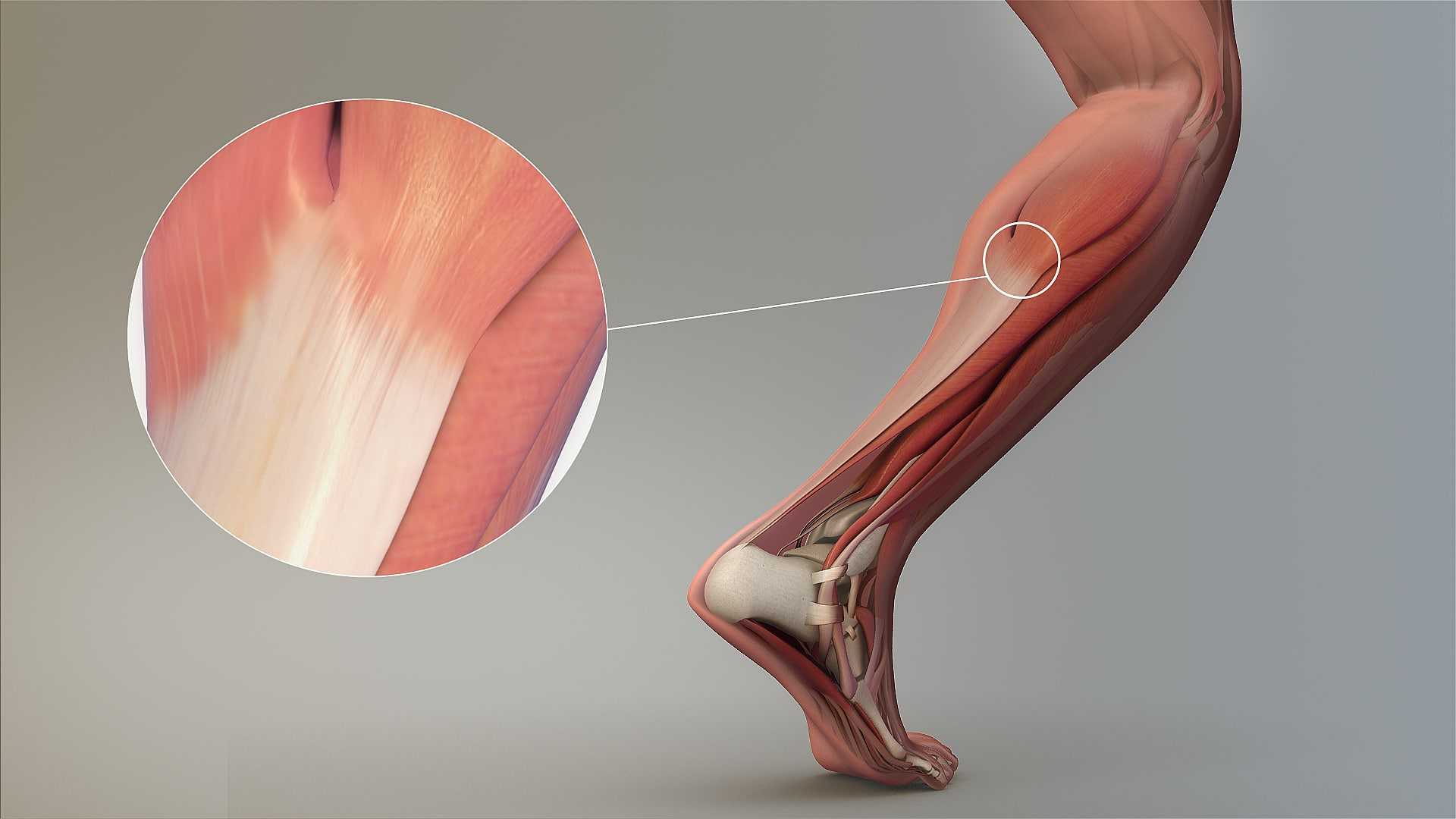
Veterans are eligible for disability compensation for injuries or disabilities that were caused or aggravated by military service. However, many Veterans have difficulty differentiating between injuries caused by service and those related to aging. One disability that many Veterans do not realize could be related to their military service is tendonitis.
Tendonitis is defined by Mayo Clinic, a nonprofit health research center, as the inflammation or irritation of a tendon (the fibrous cords that attach your muscle to bone). Tendonitis can affect any tendon, but it is commonly seen in the shoulders, elbows, wrists, and knees. Some common forms of tendonitis include:
If you are dealing with tendonitis related to military service, you’re entitled to a disability rating for the condition. If you applied for disability benefits and need help appealing the VA’s decision, contact the Veteran attorneys at Berry Law.
According to Mayo Clinic, the symptoms associated with tendonitis occur at the location where the tendon attaches to the bone. So, it is often pretty easy to determine what type of tendonitis you are dealing with.
Tendonitis is most often accompanied by pain in the joint of the affected tendon. Typically, the pain becomes worse when there is movement in the joint where pain occurs.
Tendonitis may also cause tenderness and mild swelling.
If left untreated, tendonitis could increase your chances of rupturing a tendon or developing tendinosis, which is characterized by degenerative changes in the tendon.
Tendonitis can be caused by a variety of different movements and injuries. For Veterans specifically, a sudden injury could lead to tendonitis.
However, it is much more common to develop tendonitis over time, especially if you are doing repetitive movements. When you continue to perform repetitive movements, you can overload your tendons, leading to the pain and swelling associated with tendonitis.
Tendonitis can also be caused by age due to your tendons becoming less flexible as you get older. However, tendonitis caused by age is not eligible for compensation by the VA.
To get VA disability for tendonitis, you must be able to show the VA three elements. You must:
If you can prove the three elements listed above, you should receive a VA disability rating for tendonitis.
However, it is important to note that you can also receive service connection for tendonitis on a secondary basis. This means that your tendonitis was caused by another service-connected condition.
For example, many Veterans with PTSD develop sleep apnea. Research shows there is a strong correlation between sleep apnea and PTSD, and most medical experts understand that PTSD can lead to sleep apnea. If the Veteran wants to get disability benefits for sleep apnea that was caused by PTSD, they would have to get it service connected secondary to PTSD.
Berry Law is America’s Veterans Law Firm. Founded in 1965 by Vietnam Veteran John Stevens Berry, Sr., Berry Law has been helping fellow Veterans with their legal needs for over 50 years. The firm now features attorneys from the Army, Navy, Air Force, and Marine Corps. When you need assistance appealing your VA claim, contact Berry Law for a free case evaluation.
Our monthly newsletter features about important and up-to-date veterans' law news, keeping you informed about the changes that matter.